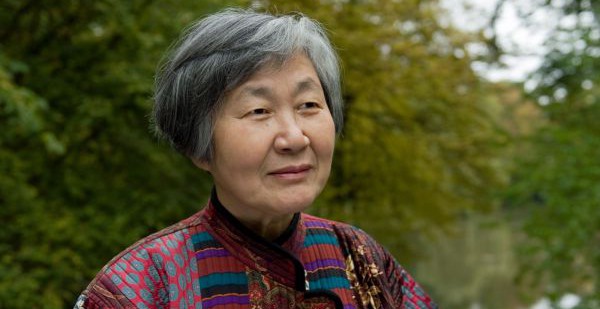
Younghi Pagh-Paan
Concert
CARTE BLANCHE À YOUNGHI PAGH‐PAAN
Program
- Younghi Pagh-Paan: Bidan-Sil (1993) - 17'
- Go Un-Nim (1998) - 11'
- Ne Ma-Um (1996) - 14'
- Younghi Pagh-Paan im Gespräch mit Hibiki Kojima
- Klaus Huber: Intarsi. Kammerkonzert für Klavier und 17 Instrumentalisten (1994) - 20'
Cast
- MUK.ensemble.aktuell
- Alberto Grisafi: Oboe
- Piotr Motyka: Akkordeon
- Hibiki Kojima: Hammerklavier
- Younghi Pagh-Paan: Gespräch
- Hibiki Kojima: Gespräch
- Roland Freisitzer: Dirigent
The political unrest of 1968, which the then twenty-year-old Younghi Pagh-Paan experienced as a music student at university in Seoul, contributed to her conviction that progressive composing in Korea could not mean imitating Western models, but that she had to draw on her own cultural traditions. Her personal intuition for music, aesthetics and metaphysics on both ends of the Silk Road has since made for one of the most inspiring intercontinental connections in new music. At her portrait evening in the Mozart Hall, her self-selected spectrum ranges from her oboe concerto with references to the earliest of Korea's "own" music based on the shaman tradition to the pianoforte concerto by her late partner Klaus Huber, who takes Mozart's last piano concerto on a trip to an Arabian garden.
Produktion MUK – Musik und Kunst Privatuniversität der Stadt
Wien und Wien Modern
Mit freundlicher Unterstützung der Koreanischen Botschaft Wien
Produktion MUK – Musik und Kunst Privatuniversität der Stadt
Wien und Wien Modern
Mit freundlicher Unterstützung der Koreanischen Botschaft Wien
